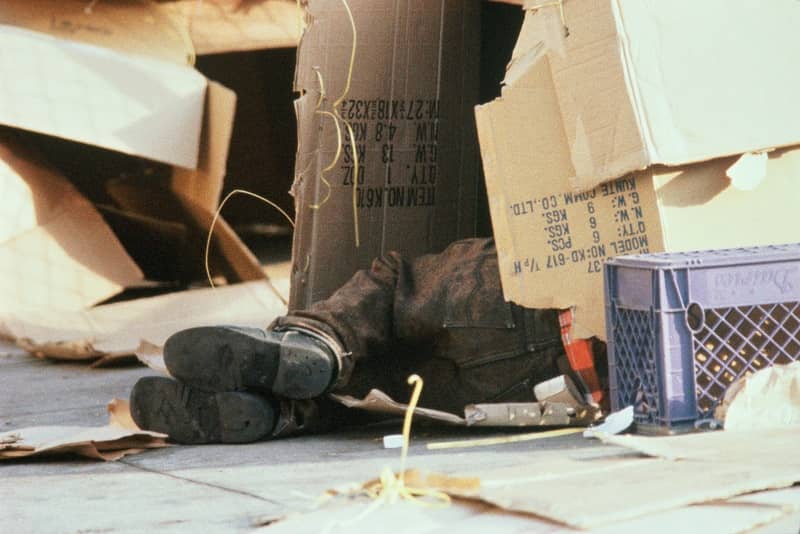

Summary
A Fourth of July flea market is a fitting celebration for the holiday because free trade is an integral part of freedom. But our modern version of capitalism shouldn’t be confused with a truly free market economy.
Word count: 624
My home town of Lostine, Ore., has a wonderful Independence Day tradition: the 250 residents host an annual holiday weekend flea market. The atmosphere is a big change for the tiny town, and completely in the spirit of American freedom.
Few things speak to the true nature of free trade like a thriving outdoor market. Whether it’s a farmers’ market in Corvallis or a bazaar in Madagascar, the important thing is that anyone can participate and there are little to no rules.
The presence of multiple vendors in one place assures strong competition. Choosing from dozens of vendors, customers can select from hundreds of products with complete price and other information. Quality is rewarded and inferior goods are shunned.
When sales take place, that’s where the magic happens. It’s as if a spark ignites at each transaction. Both parties walk away carrying the flame because they both feel they have personally gained through the exchange. Otherwise, the trade wouldn’t have happened.
Left to our own devices, humans will always come together in a marketplace to trade. They will build towns and cities for the same purpose. Adam Smith recognized this as a natural quality unique to man. He called it our “propensity to truck, barter and exchange with one another,” and he thought it was a “necessary consequence of the faculties of reason and speech.”
Freedom always results in trade. However, what passes for capitalism these days is a far cry from the real thing. America does not have a free market economy. By definition, we have a “mixed economy,”—democratic socialism or regulated capitalism, but nothing close to laissez faire.
Free trade is founded on property rights, contracts and free choice. Licenses, regulations, permits and prohibitions have no place in a free society. Even taxes aren’t part of a truly free market economy because they skew the market by influencing our choices, making them no longer strictly voluntary.
Our warped version of capitalism has given the concept a bad name and led many freedom-seeking people to call for socialism instead. They rightly recognize corruption and political clout in corporate America; they see powerless poverty in the masses. They blame greed and call for more controls.
But greed is not the same as the profit incentive. Humans always seek to better themselves. There is no shame in that; it is a sign of health. Greed, on the other hand, is the desire to have that which you haven’t earned. The shame comes from knowing in your heart that you do not deserve the object of your desires.
Far from keeping greed in check, it thrives under regulations. Conscientious businesspeople aren’t afraid to compete on the open market. It’s the greedy ones who want rules so they can tilt the playing field in their favor. The regulations limit competition by favoring larger, existing companies that can negotiate the rules and by putting up road blocks before budding entrepreneurs.
So long as the government is allowed to regulate trade, the government will be used as a tool by the very people who can’t be trusted to operate with integrity.
Instead of taking the power away from corrupt corporations, socialism exacerbates the problem by writing freedom entirely out of the equation. Planned economies aren’t ruled by “the people,” they’re ruled by the planners. Just as greedy people find their way into bed with government in a regulated economy, so too will they find influence with the bureaucrat class.
Reviving a truly free market in America might be beyond the powers of Oregon residents, but we can take positive steps by following Lostine’s lead. Our founding fathers would be proud to see us celebrate independence with a business in every household and a farmers’ market in every town.
Attention editors and producers:
Cascade Commentaries are provided for reprint in newspapers and other publications, with credit given to author(s) and Cascade. Contact Cascade to arrange print or broadcast interviews on this commentary topic. Electronic text files are available online at www.cascadepolicy.org.
Please contact:
Jon Hadley
Production Manager
Cascade Policy Institute
813 SW Alder Street, Suite 450
Portland, Oregon 97205
Phone: (503) 242-0900
Fax: (503) 242-3822
